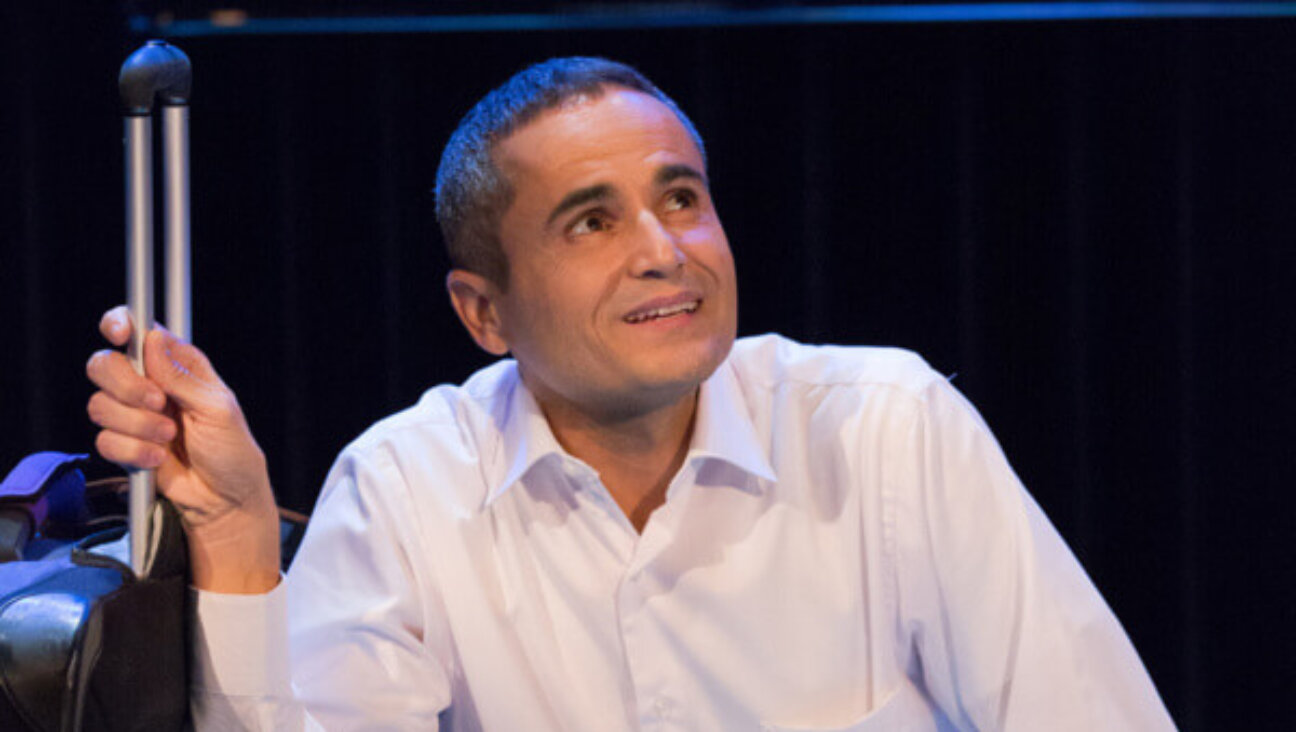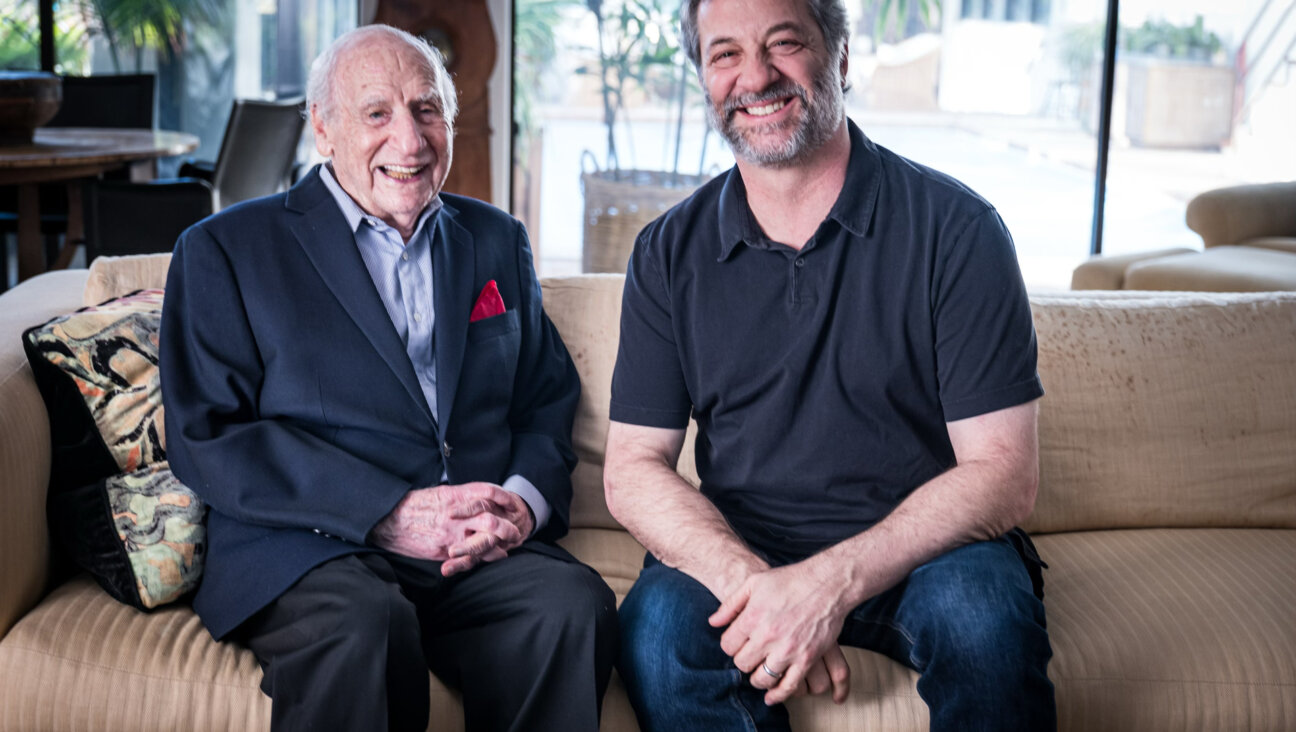Time To Rethink Shoah Education
Today, more people than ever are aware that the Nazis murdered some 6 million Jews in the Holocaust. Years of development and implementation of educational programs, often backed by governments and NGOs around the world, have been augmented by official days of remembrance, museum exhibits, major motion pictures and almost ubiquitous media references to stimulate this heightened awareness.
But while a great deal more people know about the Holocaust, many lack a sufficient understanding of it and of the underlying factors and context necessary to make thoughtful comparisons and distinctions. Teaching about the Holocaust today is more complex than ever before. Facing educators is a constellation of factors that individually and together influence how people respond to discussion of the Holocaust and how educators should present it.
A central factor in this constellation is the “New Antisemitism,” itself a multifaceted phenomenon. It contains elements of traditional antisemitism, extreme right-wing Nazi-style racial antisemitism, xenophobia and Holocaust denial — none of which is new. The far left also has spawned its version of antisemitism, which harks back to Soviet-style Jew hatred and Holocaust denial, and has been spiced with newer issues such as globalization.
The conflict between Israel and the Palestinians also has fanned the flames of the “New Antisemitism.” The radical Islamist purveyors of hate and violence have focused much of their malevolence on Israel and Jews, in the context of the Middle East conflict and as part of their war on the “Crusaders,” for whom in their twisted sense of history, Jews are seen as agents.
One of the most disturbing motifs this antisemitic mix has engendered is the inversion of victims and perpetrators, as in the use of Nazi terms and images to describe the actions of Jews. Another salient element of the “New Antisemitism” is the delegitimization of Zionism and Israel’s right to exist as a nation among nations. A corollary to this is the knee-jerk reaction that says, when Jews discuss the Holocaust, antisemitism or criticism of Israel, they are being overtly subjective and overly emotional. Especially in Europe, which suffered so greatly during the 20th century from wars, many people have come to believe that all wars are wrong. This perspective promotes an anti-Israel posture which asserts that any Israeli use of force is always illegitimate, regardless of the context. This stance perforce holds Israel up to a double standard and provides a steppingstone to the use of Nazi terminology against Israel and Jews.
Another element of the constellation that is directly related to Holocaust denial is the relativization of the Holocaust through superficial comparisons. In other words, if many things are the same as the Holocaust, the Holocaust has no special significance and need not be probed more than any other historical event. In much of the former Soviet bloc and in Germany, Stalinist crimes are commonly equated with those perpetrated against the Jews by the Nazis. This kind of parallelism allows people who were themselves Nazis or collaborated with them, but who were victimized by the Soviet regime at some point, to cast themselves as victims just like the Jews in the Holocaust.
In Germany of late, the bombings carried out by the Allies toward the end of the war — with the tremendous loss of life they wrought — as well as the expulsion of Germans from Poland and Czechoslovakia after the war — which entailed much upheaval for the deportees — also have been harnessed to the argument that Germans are victims no less than Jews. Of course, these arguments overlook context, as so much of postmodern thinking does. This view of events does not make the connection between the German initiation of the war and perpetration of the Holocaust and the price they paid in the throes of defeat.
One ramification of such parallels is the relief from responsibility. If the Germans and their collaborators are portrayed as victims on a par with the Jews in the Holocaust, then who among them or their progeny needs to discuss the Holocaust, and who needs to accept responsibility for its perpetration?
In a world in which everything is the Holocaust and the Holocaust is neither unique nor of special significance, both trivialization and crass instrumentalization are common features. It is easy, therefore, to design clothes with Nazi symbols or to use terms from the lexicon of the Holocaust to attack political opponents. Moreover, in a world where excessive tolerance reigns, everything is legitimate. It is fine to name a wine for Hitler, even if it is in bad taste, since it is simply the exercise of freedom of expression; or it is perfectly all right to spew forth the bald lies and incitement that are Holocaust denial, since such ideas are, at worst, “controversial.”
It is abundantly clear that the ever-present and generally superficial use of the Holocaust in public discourse has contributed to what is sometimes termed “Holocaust Fatigue.” People who often really know little about the Holocaust feel they have heard so much about it that they close their ears to serious discussion of the subject. People engaged in teaching about the Holocaust are working in a very different environment than that of even a few years ago.
Holocaust educators from around the world will convene next week at Yad Vashem in Jerusalem for the fourth international conference on Holocaust education. While they must recognize that the problems they face are exceedingly difficult, they must not throw up their hands in despair.
Yad Vashem urges Holocaust educators to join us in finding appropriate ways to meet the challenges posed by this constellation of troubling factors. Such an effort remains essential for honoring that which was irretrievably lost in its maelstrom and valuable for plumbing the depths of man’s capacity for both good and evil — and vital as a crucial weapon in mankind’s arsenal against the scourge of radical evil, which has yet to be eradicated from our midst.
Robert Rozett is director of the Yad Vashem Library.














